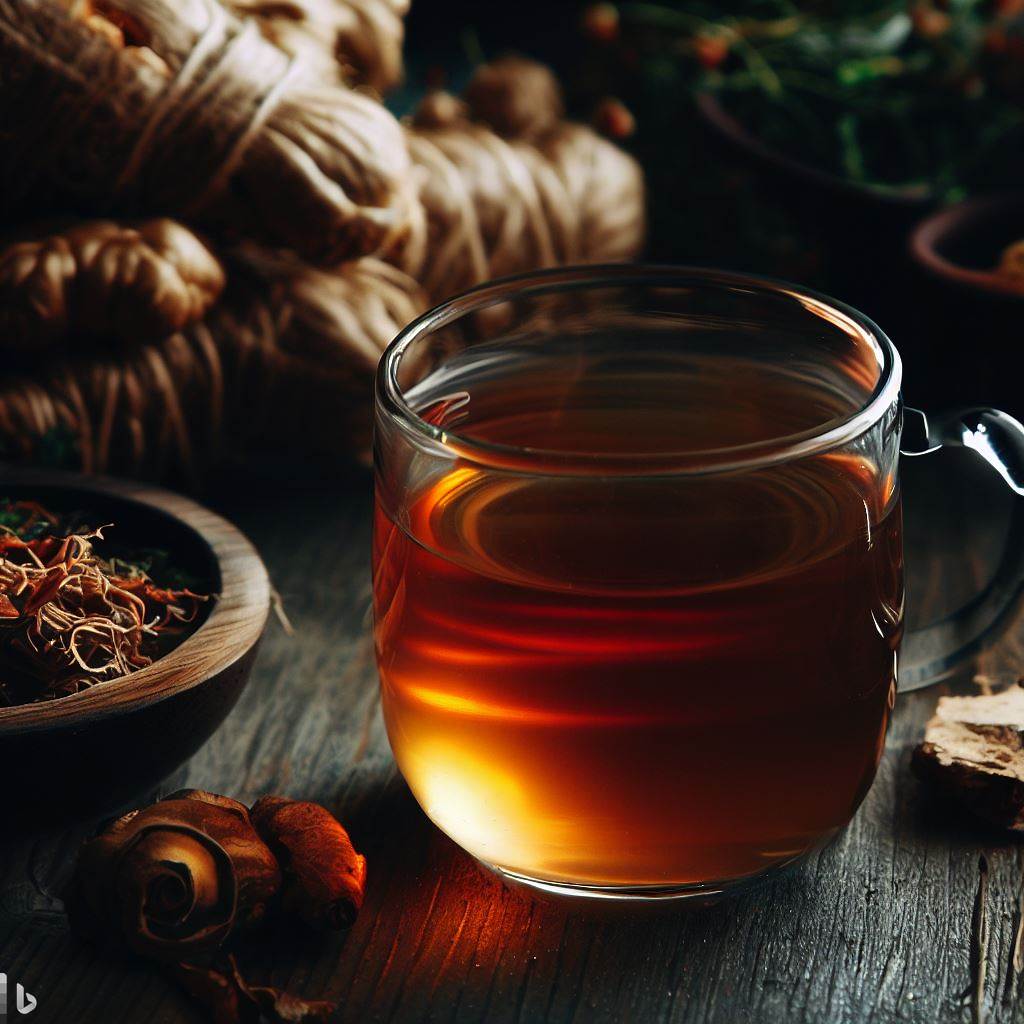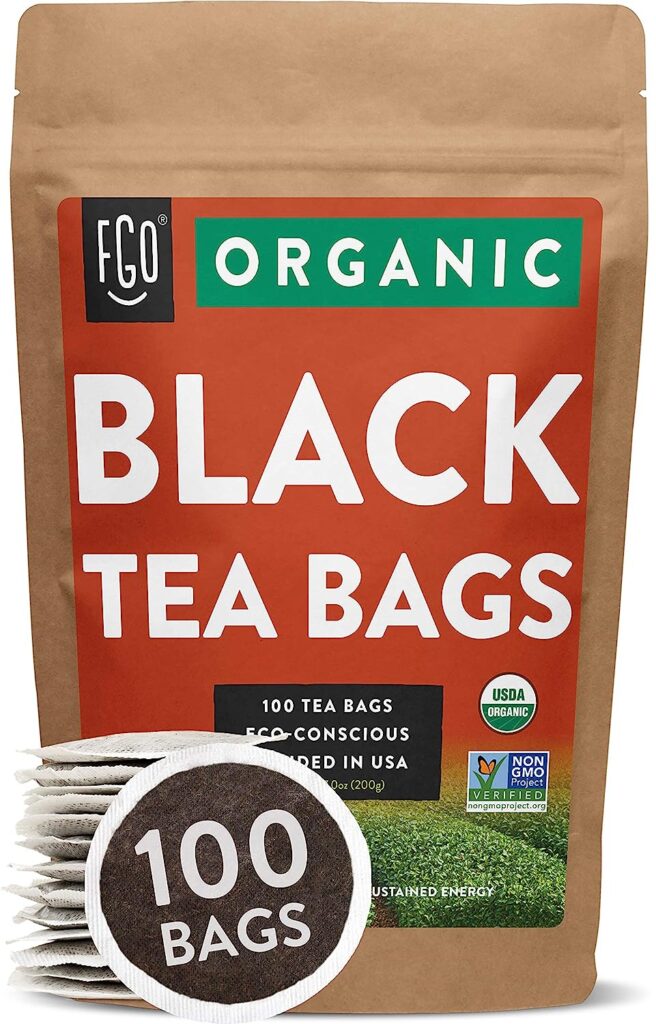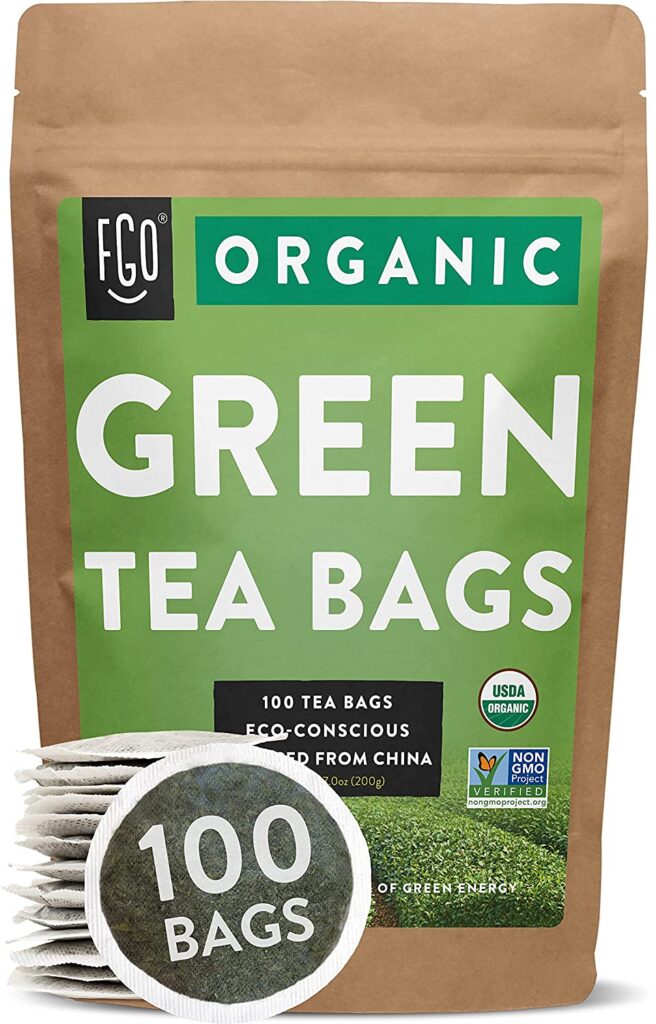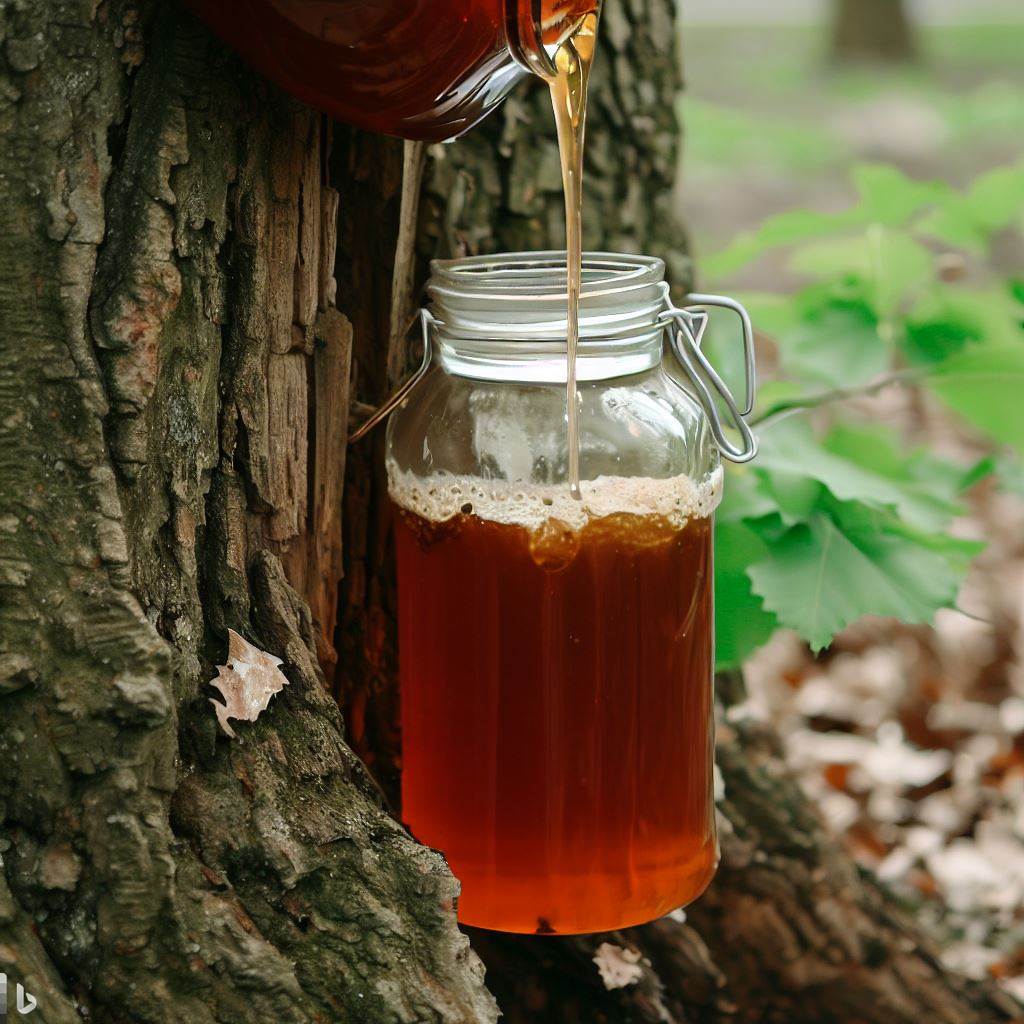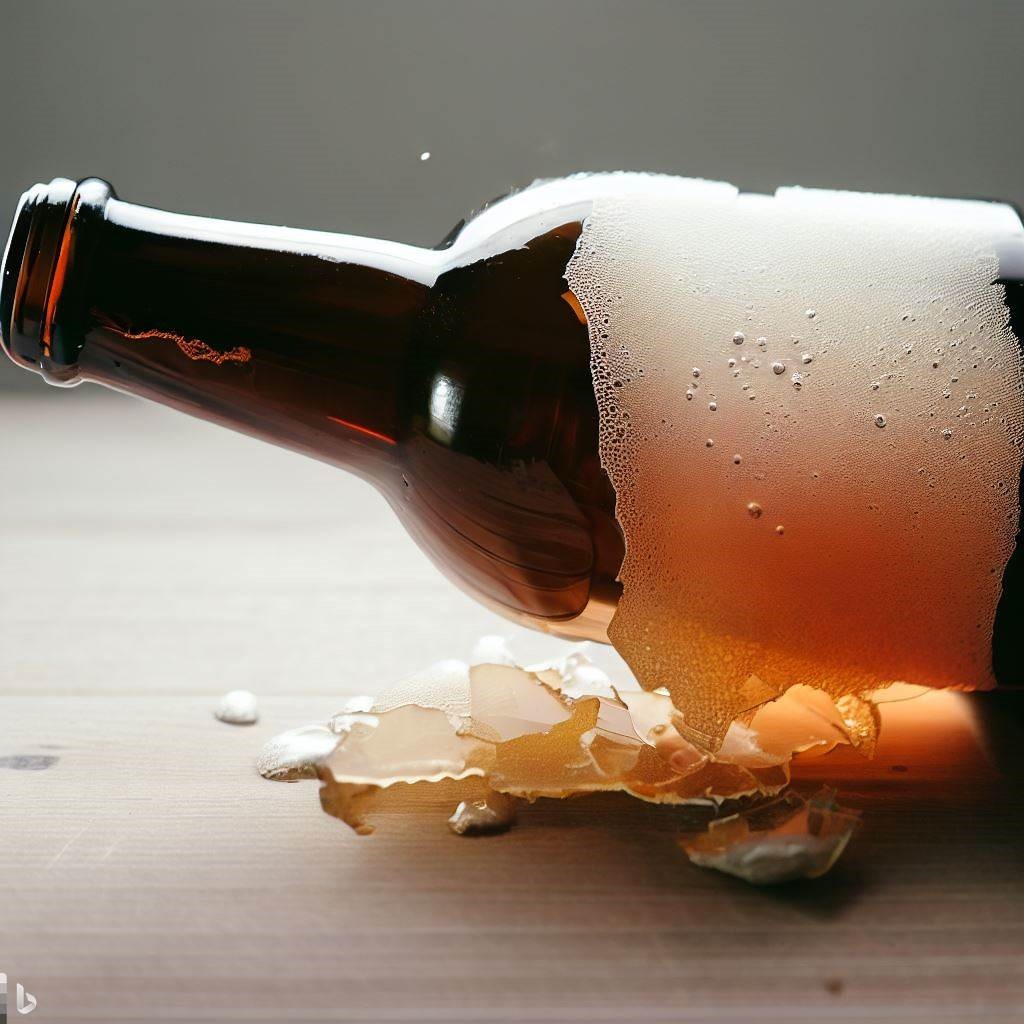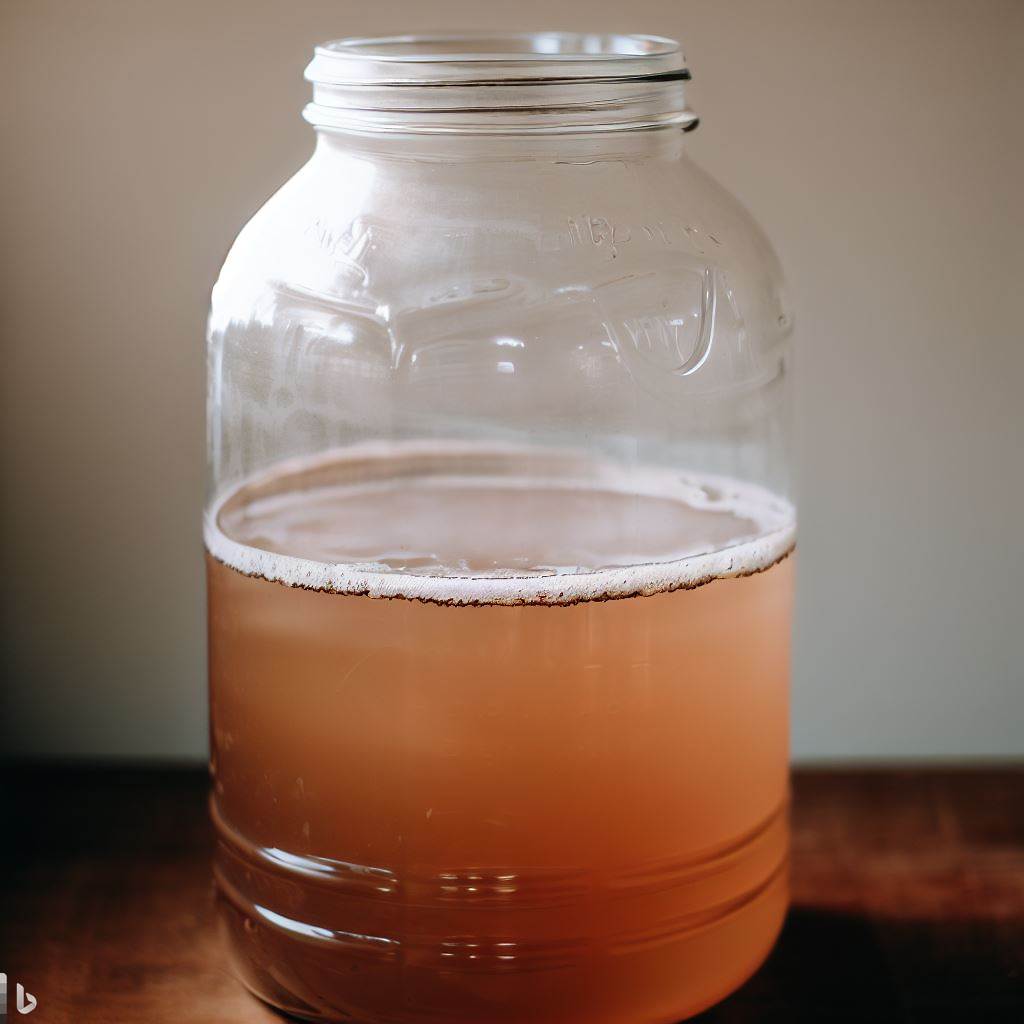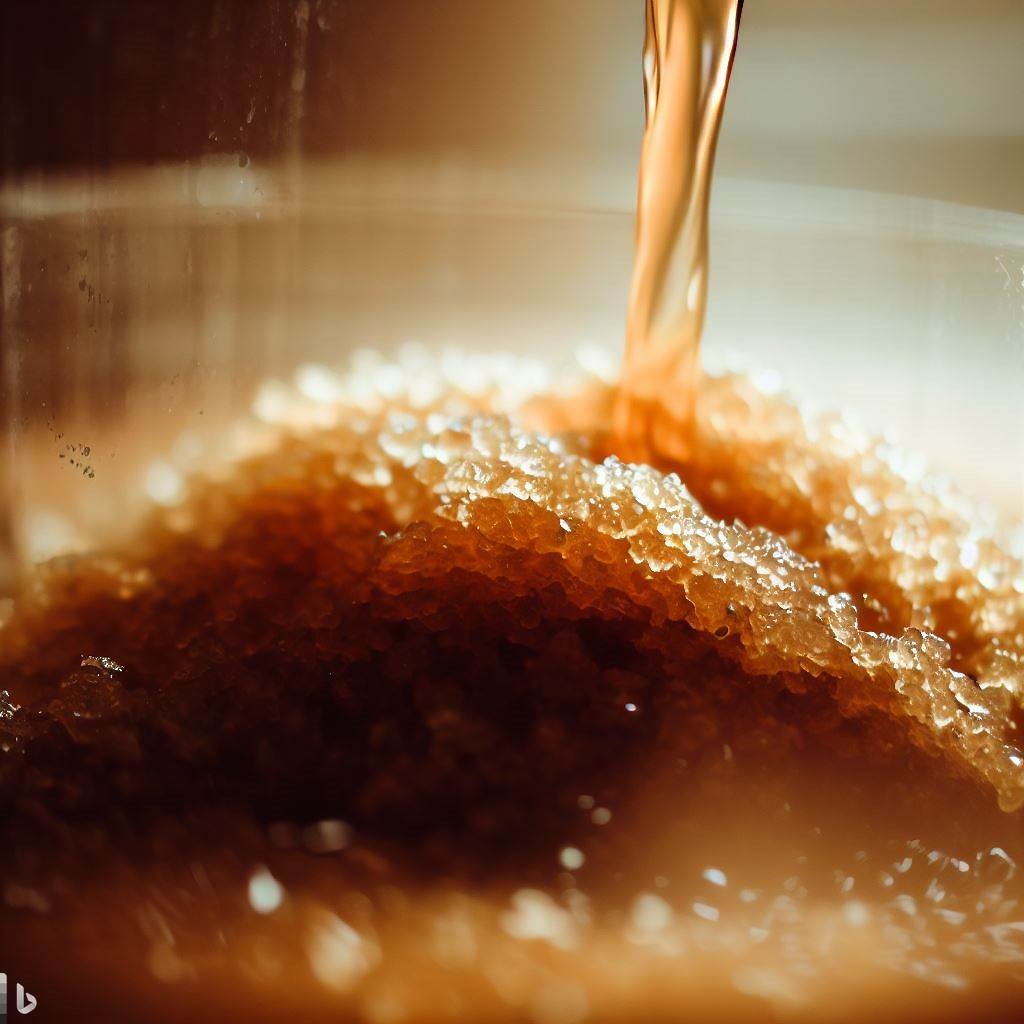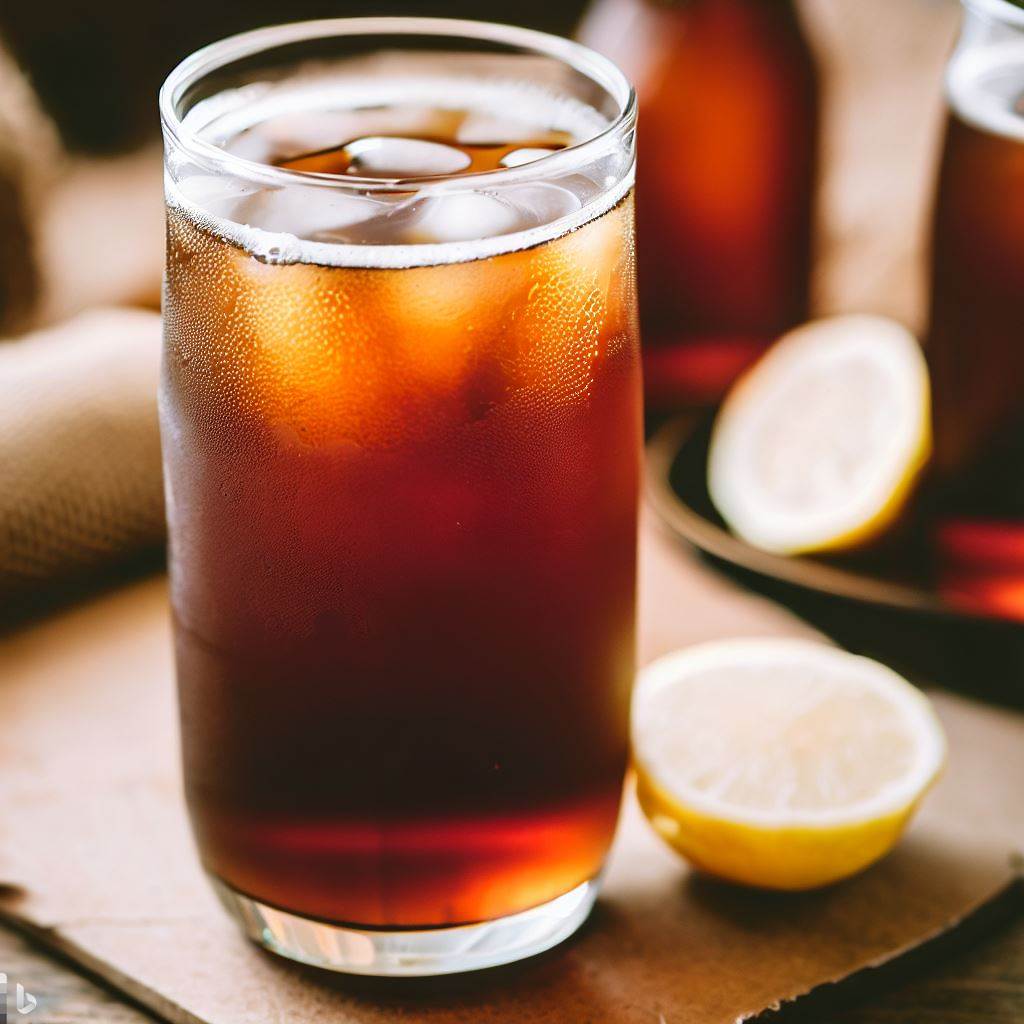Kombucha, , is crafted from three basic ingredients: tea, sugar, and water. The addition of a kombucha culture, known as a SCOBY (Symbiotic Culture Of Bacteria and Yeast) and starter tea, kickstarts the fermentation process. Given the simplicity of its components, it’s crucial to use the right ingredients to ensure your kombucha thrives. This article is doing a deep dive on Tea Basics for Kombucha Brewing. Lets get started!
The ABCs of Kombucha Ingredients: Spotlight on Tea
In a nutshell, plain black tea is the ideal choice for brewing kombucha. It offers the optimal nutrients and minimizes potential brewing issues.
Understanding what Real Tea is
Contrary to common belief, all authentic tea originates from a single plant species: Camellia sinensis. This includes black, oolong, green, white, and pu-erh tea, all of which are considered actual tea. The variations in color and flavor are a result of different processing methods, including oxidation and fermentation.
Kombucha thrives on these types of teas. The leaves of the Camellia sinensis plant contain polyphenolic compounds, often inaccurately referred to as “tannins.” These compounds provide the essential nutrients for the kombucha culture. The yeast and bacteria in the culture consume these compounds, transforming your sweet tea into kombucha. Black teas, which undergo more oxidation than green, white, or oolong teas, contain the highest amount of polyphenolic compounds, providing more food for your kombucha culture.
Flavored and Herbal Teas: Are They Suitable?
For robust, healthy kombucha, it’s best to use pure tea without any added flavorings, essences, or oils. Even if these flavorings are natural, they could potentially weaken your kombucha SCOBY over time.
Herbal “teas” such as mint, chamomile, or rosehip “teas” are not actual teas but tisanes or herbal infusions. Generally, these types of teas are suitable for fermenting kombucha if they are mixed in with Black or Green tea but typically not standalone. However, there are exceptions. Some home brewers successfully use hibiscus flowers, yerba mate, or rooibos, either on their own during the first ferment.
The Importance of Pure Ingredients
Before you start experimenting with unique first fermentation ingredients, it’s crucial to ensure you’re brewing the strongest possible kombucha that isn’t susceptible to mold or other issues. The mantra at YBK, borrowed from Pablo Picasso, is “Learn the rules like a pro, so you can break them like an artist.” For new brewers or those seeking a consistent, healthy brew, it’s recommended to stick to the basics and pure ingredients for the first fermentation. Once you’ve mastered the process, feel free to experiment!
Why Black Tea is the Best for Kombucha
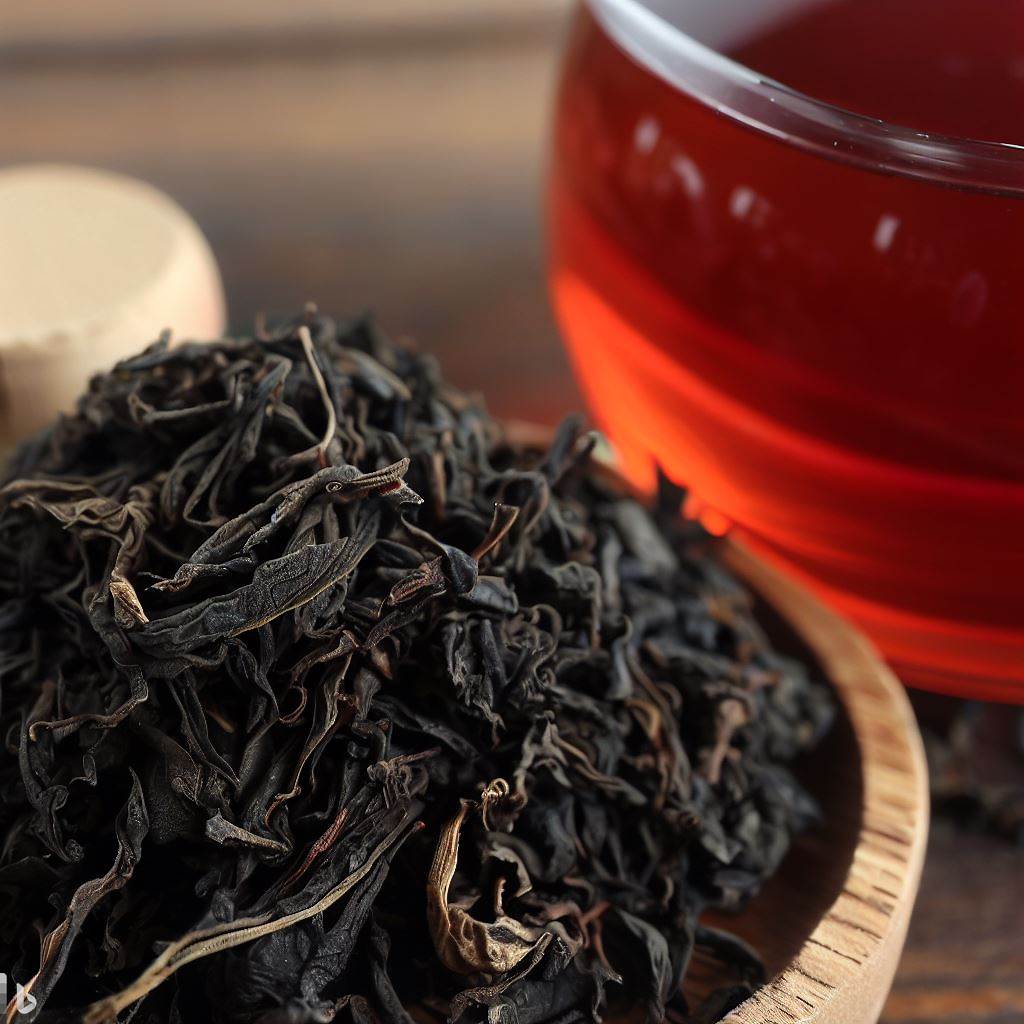
Plain black loose-leaf tea is believed to yield the best, most consistent kombucha, a blend of black teas (without any flavorings), imparts a great flavor to kombucha and pairs well with fruit flavorings during the second fermentation.
Black teas are also more robust than other teas, tolerating long steeping times (a necessity for kombucha) without becoming overly bitter. However, this “black tea is best” rule primarily applies to the first fermentation. After successful first fermentation, you can flavor your kombucha with your choice of ingredients, even flavored teas! We are now half-way through our Tea Basics for Kombucha blog post. Read on!
Green Tea Options for Brewing Kombucha: A Guide to Choosing the Best Tea
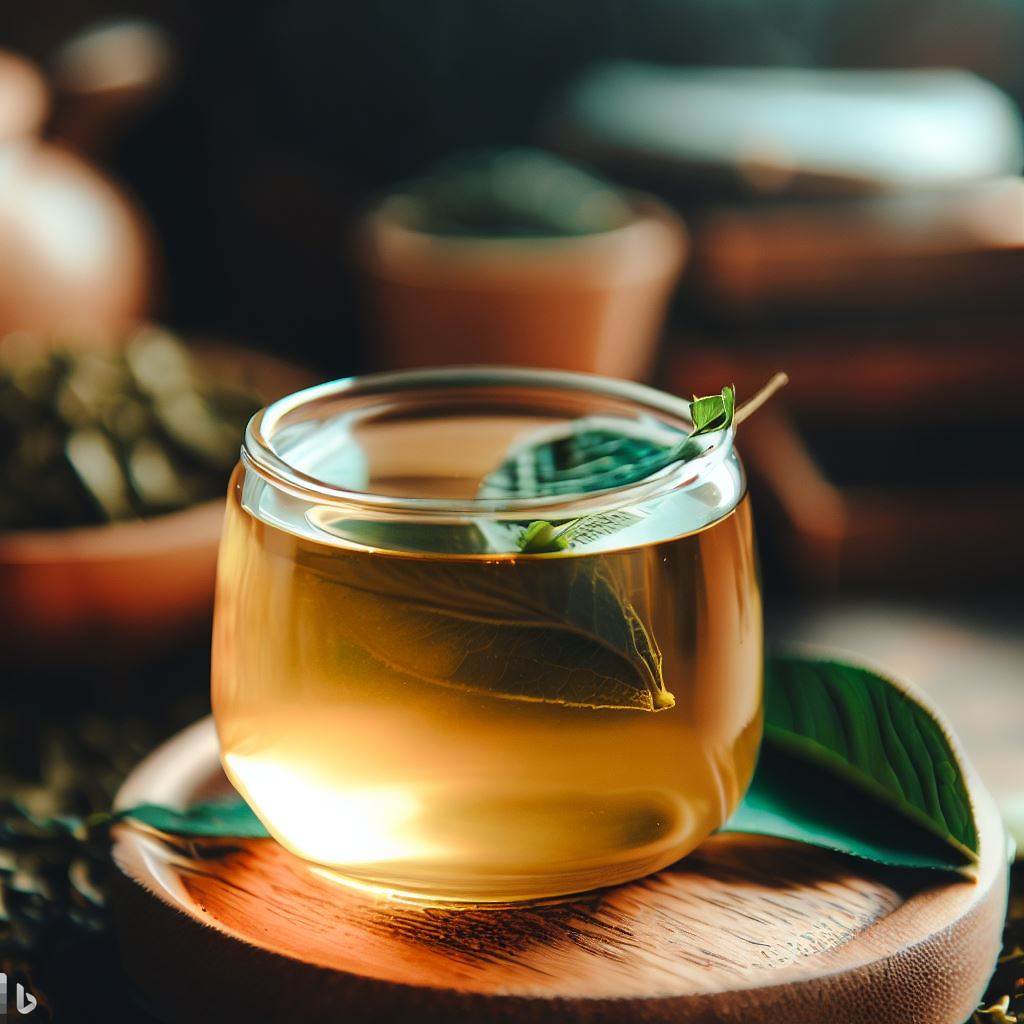
If you’re looking for green tea options to enhance your kombucha brewing, here is our favorite choice! FGO Organic Green Tea Brands; However, if you find the flavor of green tea too bland or uninteresting on its own, you can mix in some black tea to balance it out.
Loose-Leaf Tea vs. Tea Bags:
When it comes to tea, I personally prefer bagged tea for several reasons. Firstly, it is much more simple to brew and less messy. Secondly, the concern for poor quality in tea bags is overstated as long as you buy a quality organic tea such as FGO.. Since kombucha requires a longer steeping time to extract maximum nutrients, high-quality tea leaves are essential. Ultimately, the choice between loose-leaf and tea bags depends on your preference and what works best for your kombucha brew.
Adjusting Steeping Time for Tea Bags: If you prefer using tea bags and have found a brand that you like, to avoid bitterness, simply reduce the steeping time by half to accommodate the smaller tea pieces in the bags.
Determining Tea Quality and Pricing
The quality of tea can vary based on several factors, similar to other spirits. Factors such as the tea’s origin, the specific tea farm, processing methods, and shipping conditions all play a role. As a tea enthusiast who has tasted numerous types of tea at various price points, we’ve found that quality doesn’t necessarily correlate with a higher price.
For brewing kombucha, we often use teas priced between $15 and $25 per pound (or 100 bags). Beyond that price range, the increase in flavor doesn’t justify the additional cost. In some cases, expensive teas may taste better when consumed straight and may develop flavors that are not as enjoyable when fermented.
While we appreciate and savor the rare, limitedly-produced, single-estate teas, we prefer to enjoy them on their own without fermenting them into kombucha. The fermentation process can mask the nuanced and complex flavors of very high-quality teas. My go-to teas for kombucha brewing, considering all the factors mentioned above, are Organic Green or Black teas (as reccomended) typically mixed with Greek Mountain Tea to enhance flavor and health benefits.
Final Thoughts
Ultimately, the choice of tea for your kombucha brew is a matter of personal preference. Whether you opt for loose-leaf or tea bags, and regardless of the brand or type, what matters most is finding a tea that you enjoy and works well with your culture. Experimentation and exploration are key to discovering the perfect tea to complement your kombucha. We hope you have enjoyed reading Tea Basics for Kombucha. Happy Brewing y’all!
Thanks for reading on Tea Basics for Kombucha! Check out some other resources from GMK:

